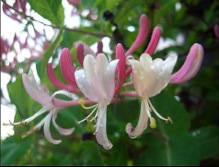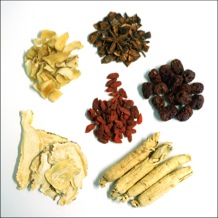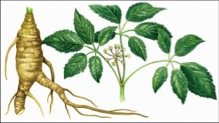What is TCM?
Traditional Chinese Medicine is over five thousand years old. It aims primarily to maintain the harmony of the energy within the body and between the body and the exterior elements.
Chinese medicine seeks to understand human beings as a whole, those who are sick as well as healthy patients, both in terms of symptoms seen and unseen, by managing the balance of internal energy called Qi.
Health is linked to the body's ability to maintain the momentum needed to confront the aggression. The disease occurs when the body has lost its ability to adapt.
Each individual has a particular constitution where the different elements interact according to a balance of its own.
This is called the field. In two people, one symptom (headache or trouble digesting, for example) is not, a priori, the same cause, but an imbalance specific to each.
For health to be maintained, harmony must reside in each of the elements of the set and between the different elements. In every respect: in each of the organs of the individual, and between these organs in the individual, and between the individual and his environment.
TCM does not treat the symptoms (as would the mechanistic medicine), but the person holistically.
Conclusion:
The human being is a complex whole. Maintaining balance is based on a healthy lifestyle, both psychological and physiological, but it also depends on many other factors. As taught by the Eastern philosophies for thousands of years, everything in the universe is allied. Traditional Chinese Medicine is a way of seeing the universe and its interrelationships. It can become a tool that is good to know. And who knows, it can help achieve this harmony that human beings aspire to.



